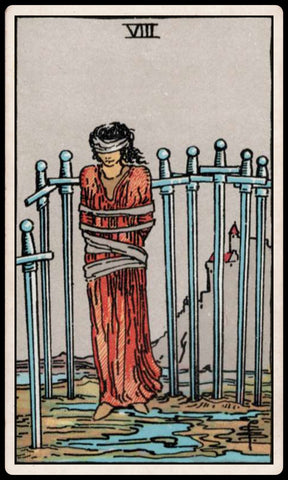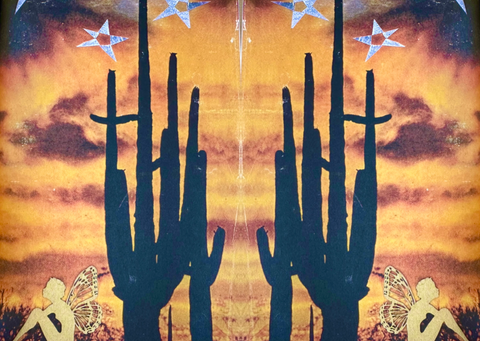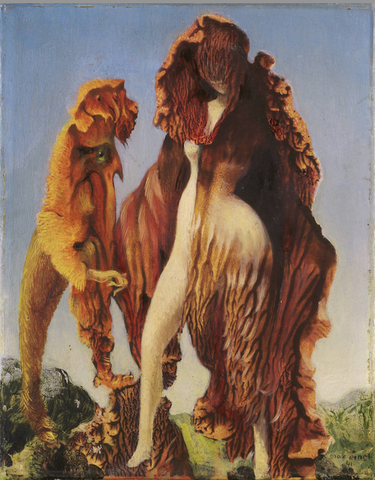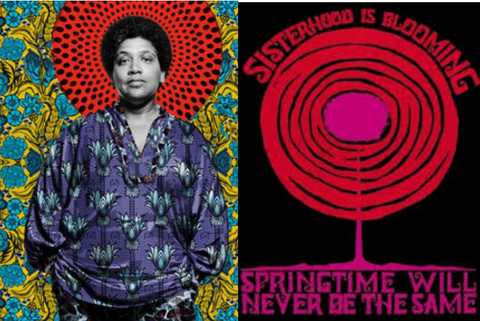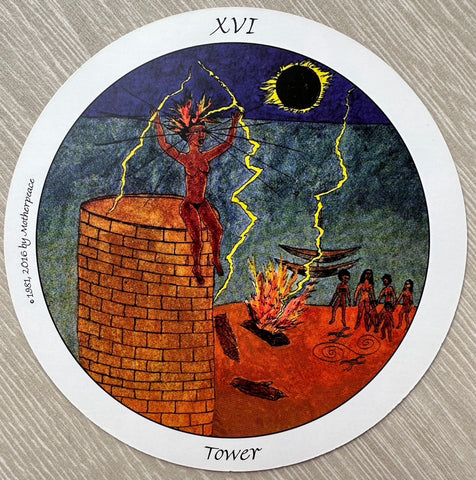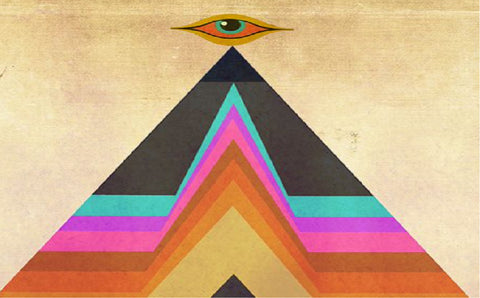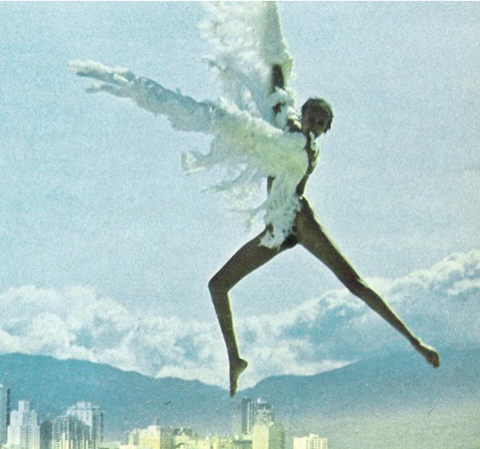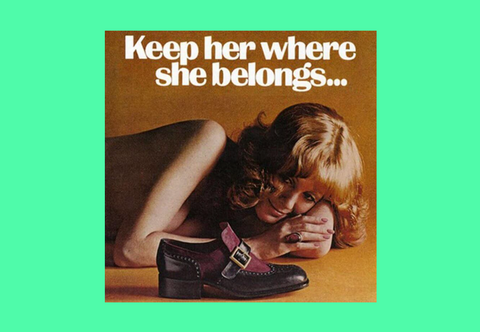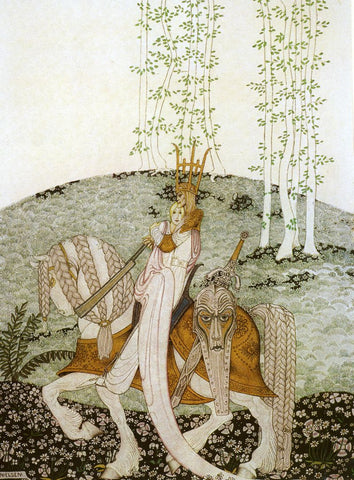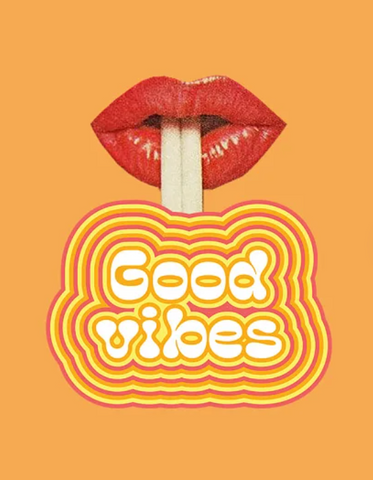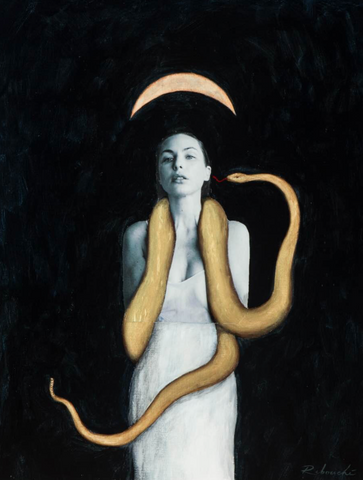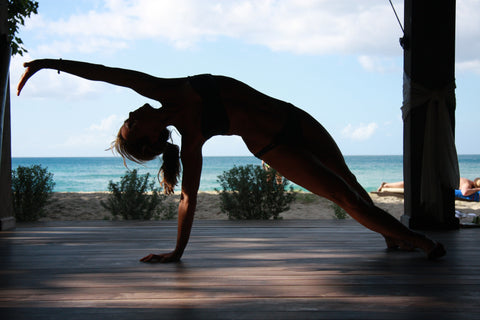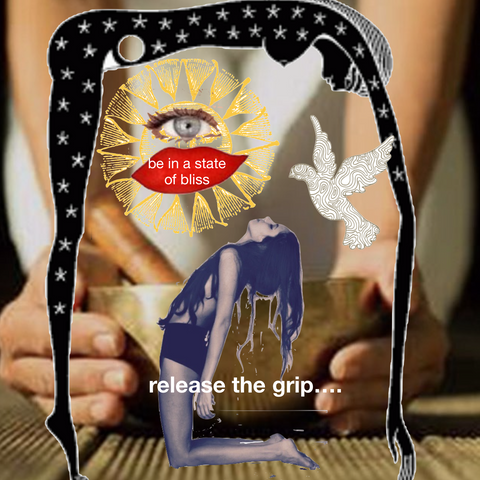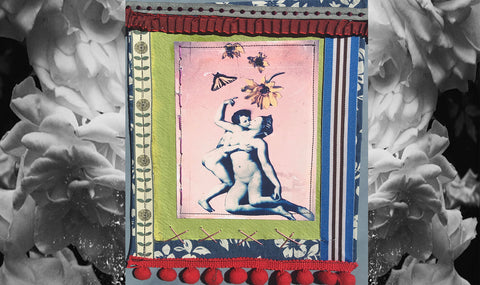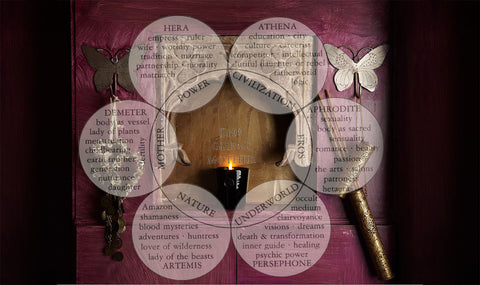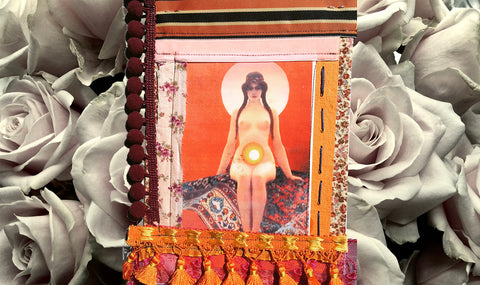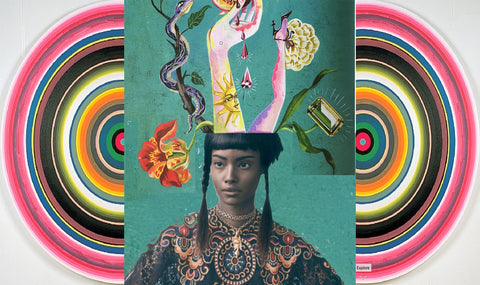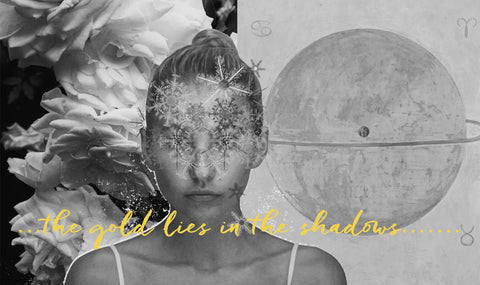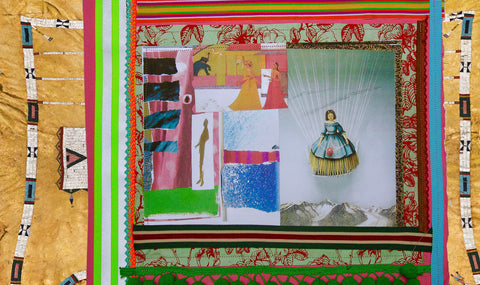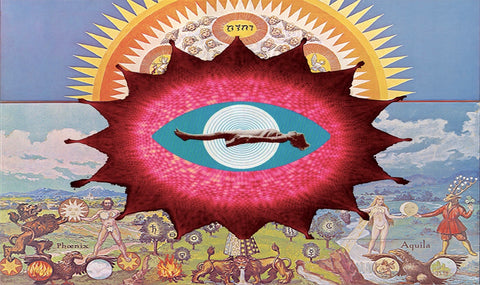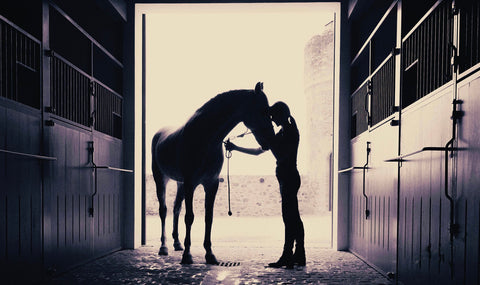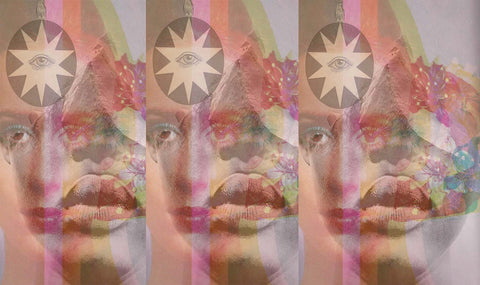useful stuff we don't learn at school
We often think we are on a straight line trajectory - birth to death with hard shoulders along the way that we may like to stop and hang out in when life is super sweet, until we are nudged or even dragged kicking further along. Our minds are linear, time-based in their training but really our evolution is an ever deepening circular one, a spinning wheel, hence the "Wheel of Fortune' in a Tarot deck - growth, wisdom, understanding, our ability to cope, adapt, mature etc all offered to us along the way at each spin of the wheel - we finally realise as the up-sides/lows keep coming that it's only our reaction and response, either conscious or unconscious, that we can control.
We can be passive and let life play us like a lottery number, we can try to control, grip, force things to go our way, and to feel some mock semblance of safety, or we can enthusiastically take action, jump into the dance and learn to navigate the swell without taking life, or death, too personally.
The Buddhists have a great map for circumnavigating this Wheel Of Life - The Four Noble Truths and the Eight Fold Path. Already that sounds super heady/wordy but when you distil and amplify to today’s world it’s a great compass to start to hold our life, our thoughts, our words and our actions to.
The Four Noble Truths teach us to acknowledge that First Noble truth: there is suffering in life and not to hide from that. ‘Suffering’ is a mind label, when felt from the heart we have an emotional reaction to it, usually an uncomfortable one, such as sad, angry, distressed, worried, etc) which is why suffering is not something we love to hang out in . Of course we all go through different degrees of that ‘suffering’ - to some it’s a life or death, moment to moment fight for survival, for others it could be they suffer every time they look at their butt in the mirror and they move up a jean’s size. Yet, we are on a hiding to nothing, if we throw that bone of contention to our minds, we then begin to judge the light-weight one with our black/white logics and dismiss it harshly, but when we drop into our own feelings we sense and empathise - suffering is suffering - whatever the issue, it's neither a competition nor an award to be offered to the one suffering the most. The trick is to acknowledge the suffering, yours, mine, theirs, ours, whatever, period, and be kind.
The polarity, or opposite of suffering is non-suffering (which heart felt would be feelings of happiness, joy, peace, love, kindness, etc). This brings us to our Second Noble Truth which asks us to get to the origin of our suffering and to accept that as much as we would like to pretend otherwise, it’s not dependent on external forces, such as how our partners, children, friends, Society, World Leaders, etc behave. And sometimes the outside can be just like it was yesterday when we felt fabulous and strong unyet we wake up a few hours later and we feel terrible, lost, scared, vulnerable - we are suffering like a dog in pain - with nothing we can pin it on. And that’s a tricky one for our well-trained rational solution-based minds….sometimes there’s just no reason, no answer to get to grips with.
Strangely, however that gives us a welcome sureness to the unsureness of life. We begin to get more comfortable that even our emotional states can change just like the weather without rhyme or reason and suffering, our feelings, our thinking are all often, usually, in impermanant states of becoming way beyond our conscious control.
The third Noble Truth is a hard pill to swallow and teaches us that we may not have control on suffering but we do have control on how we relate to it. Ultimately, we are fully responsible for our own negative thinking, negative, motivations, and negative actions which all contribute to our suffering and in turn contribute to how the the world is around us.
Now that realisation can take us in one of two directions: we wake up the dance of life we are in, and see that which we can control and that which we can’t which offers us maturity, self-governance and we stop blaming out and start to look at what parts of us are being triggered in that suffering, what part of us had an expectation, a need, a desire, a goal/outcome. We become aware of our attachments to that outcome, need etc. It’s not to say stop having attachments, far from it, it’s saying have them but don’t let them ‘have us’ whereby when those things we cling to start to fall away we don’t lose our balance, we hold to a greater internal faith and sense of who we are beyond those attachments and in so doing we turn back towards the light of awareness and out of darkness and pain because we are so much more than that thing we clung to ….we just forgot. The clinging mind loves to cling so whenever, we hold to a rigid, false belief of self and our egos feel crushed and hammered, the child in us always gets triggered and we find ourselves shouting to the moon, our partners, etc “Why the hell me!!!?!”
Well, there's the rub, on the Wheel of Life, the question “Why the hell me?” becomes, “Why the hell not me?” And that’s a hard one for us all to learn as we’ve been indoctrinated into a world of crazy religious teachings brought in to control the masses that say if you’re good, faithful, etc you won’t suffer….it’s bullshit….suffering isn’t personal…it’s not thrown down like a roll of the die by some ethereal God-like structure picking and choosing their favourites. At any moment our lives hang in the balance between suffering and non-suffering….how am i going to interpret this next moment ? What am I going to make it mean? How will I then act from interpreting it this way? Are the key to a well-lived life of self-ownership and are truly all we ever get to control in life period.
And here we come full circle back to yet another Wheel: The Fourth Noble Truth which is the Eight Fold Path and is usually portrayed on a chariot's wheel known as 'The Wheel of Dharma' or 'The Wheel of Transformation'. (Dharma meaning an aspect of reality)
TO NOTE: Some interpretations of the Eight Fold Path use the word “Right” or "Wise" for example, “Right Speech” but I think that can lead us in our polarised worlds to assume if there’s a right then there must be a wrong way of speaking, etc. Better then I think we use the word “higher”, as in unconsciously we might say something that’s pretty dumb, but then with awareness we might climb to a higher space of thinking and say something which carries greater awareness/understanding. Like when someome does something we don’t like we might just lash out and say “you know when you do that it really pisses me off”… which is harsh, attacking, judgmental in tone and we will always get either a defensive or attacking response. If, however, we think more than from just an “I” point of view and consider the impact of our speaking we might say instead “Our relationship is important to me, so you know when you do that I feel sad as I notice how a part of me pulls back from you etc etc”. Now instead of alienating a person we are still connected and can get somewhere higher in our understanding of each other.
The 8 Spokes to the Dharma Wheel, or you might see Dharmachakra wheel, are below and they don't go in any order of priority as they keep coming around:
1. Higher View - seeing things as they really are without any false illusions, that life is transient involving change and suffering and the only thing we can control is our relationship to that in order to feel mroe free, at peace, happy
2 Higher Thinking - we are what we think therefore what we think ,determines our course of action, so to find happiness and spread happiness, think higher thoughts
3. Higher Speech - speaking from an authentic place inside of us, who in us is speaking? What part of us? Does it have an agenda/fixed outcome? Are we speaking from a place of love or are we calling for love? In which case be real, refrain from gossip or idle chatter.
4. Higher Action - is our action beneficial to others not just our limited egos? Avoid over indulgence, don’t steal, kill, and stay in harmony with fellow sentient beings
5. Higher Livelihood - can we live in a way that doesn’t harm or exploit others
6. Higher Effort - can we be consistent, steady, enthustiastic on this path and train our minds to be positive.
7. Higher Mindfulness and Higher Concentration form the basis for Buddhist Meditation. Can we stabilise our mind, see our thoughts, examine what our needs are and move in the world from that space with greater awarenss to our impact on those around us in how we think, what we say, how we move. Can we truly see things as they are without being led astray by ignorance, greed, anger etc.
8. Higher Concentration - can we learn to meditate so we relax our minds to a Samadhic state of being (calm, blissful), become profoundly absorped in our nature of being as much as we are in absorped in the nature of doing.
Of course, it's all an exquisite journey: at times we are on top, then we fall down, so we have to get up, only so we can fall down again........the trick is to keep getting up and to find a practice, something that gives us time out, a space, where we can move beyond our ego-ic sense of life revolving around us to one of being part of the greater whole. Meditation wants to feel a home coming to ourselves, that space we carve out for ourselves to really unpack, get to the bottom of certain things in our lives that cause us discomfort and from that awareness make higher decisions, higher actions, from higher motivations, with higher more inclusive language, and higher and more honest feelings.
"I find hope in the darkest of days, and focus in the brightest. I do not judge the universe." - His Holiness the 14th Dalai Lama


